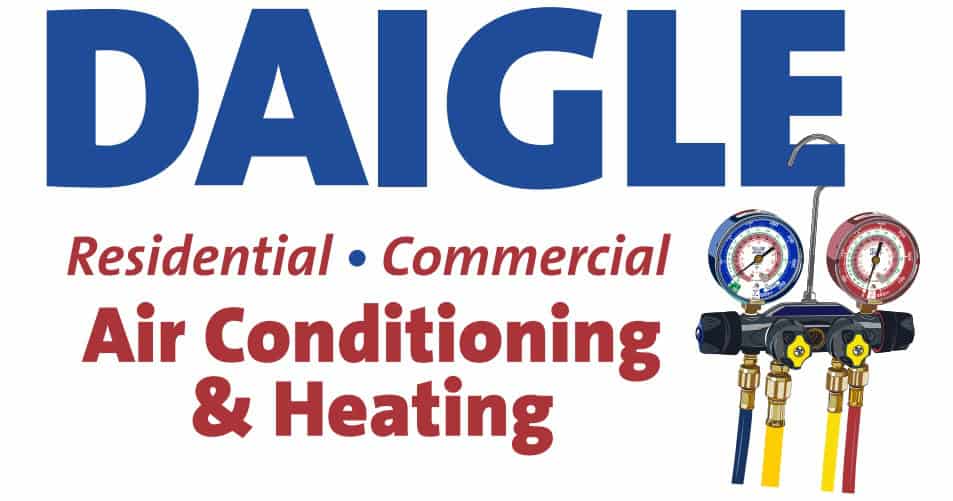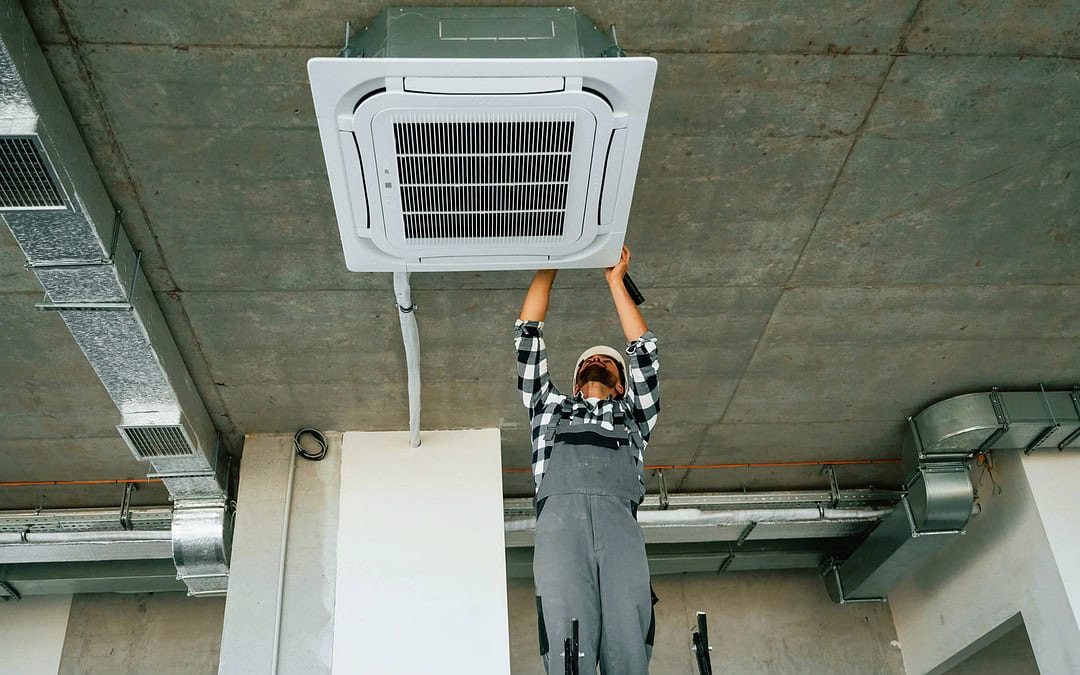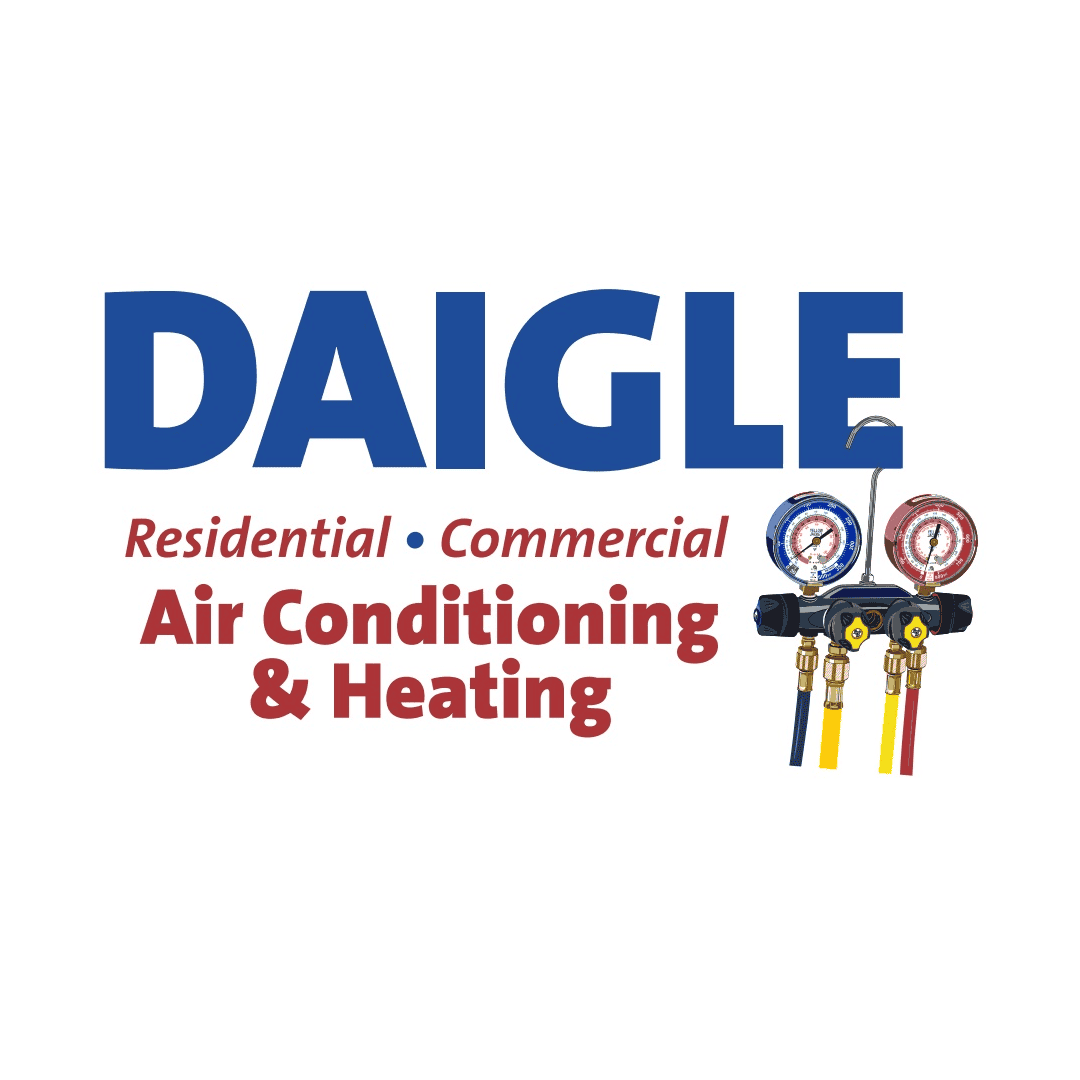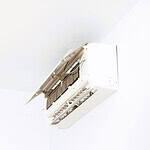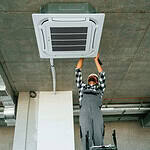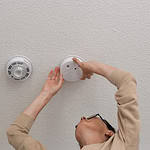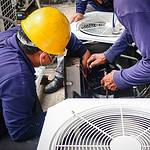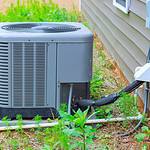When it comes to maintaining an efficient air conditioning system, the importance of proper airflow cannot be overstated; it is absolutely crucial. This article will explore why maintaining proper airflow is essential for AC efficiency and how it affects overall system performance. By understanding these dynamics, homeowners and business managers can ensure their systems operate at peak efficiency, saving energy and reducing costs.
Understanding Airflow in Air Conditioning
Airflow in an air conditioning system refers to the movement of air through the unit, which is vital for the system to function correctly. Optimal airflow helps maintain the efficiency of the heat exchange process, crucial for cooling the air efficiently and effectively. When airflow is hindered, the system struggles, works harder, and uses more energy to achieve the desired indoor climate. Airflow issues can stem from various sources, including blocked filters or improperly sized ducts, which can compromise system efficiency.
- Proper airflow ensures even cooling throughout the space.
- Enhanced heat exchange leads to better energy efficiency.
- Reduced strain on the AC unit extends its lifespan.
Common Airflow Problems and AC Repair
Over the years, we’ve seen numerous cases where airflow problems led to significant efficiency and performance issues in AC systems. For example, a local business experienced higher energy bills and uneven cooling. Upon inspection, it was found that the culprit was a severely clogged filter, which was restricting airflow and causing the system to overwork itself. This is a common issue that can be easily addressed with regular maintenance.
- Regular filter changes prevent airflow blockages.
- Ensuring ducts are free of debris can improve airflow.
- Adjusting fan speeds might be necessary to optimize air delivery.
How Airflow Affects AC Efficiency
The relationship between airflow and air conditioning efficiency is directly proportional; as airflow improves, so does efficiency. Restricted or limited airflow forces the AC unit to work harder, which not only leads to increased energy consumption but can also cause wear and tear on the system, potentially leading to premature failure. An efficiently flowing AC system can reduce energy consumption by up to 15%, according to the Department of Energy.
- Optimal airflow reduces energy consumption.
- Less strain on the AC system reduces wear and tear.
- Efficient systems require less frequent repairs.
Benefits of Optimal Airflow in AC Systems
Maintaining optimal airflow in your AC system offers numerous benefits that go beyond just improved efficiency. These benefits include enhanced comfort, lower utility bills, and a longer lifespan for your air conditioning system. By allowing your AC to breathe and function as designed, you ensure it works smoothly and delivers the cooling needed without undue stress.
- Enhanced comfort with more consistent temperatures.
- Lower energy bills through improved system efficiency.
- Increased lifespan of the AC system with fewer breakdowns.
Tips for Improving Airflow at Home
Improving airflow in your AC system doesn’t have to be complicated. Here are some straightforward tips to help you ensure that your air conditioning unit has what it needs to perform efficiently:
- Ensure that all vents are open and unblocked to promote good air circulation.
- Schedule regular maintenance checks with a professional to keep your system in top shape.
- Consider having your ductwork professionally cleaned if you notice persistent airflow issues.
Key Takeaways for AC Repair and Airflow Efficiency
Maintaining proper airflow is essential for the efficient operation of your air conditioning system. Not only does it help in saving on energy costs, but it also enhances the comfort levels within your indoor environment and extends the lifespan of the unit. Here are the key takeaways from our discussion:
- Regular maintenance is crucial for optimal airflow.
- Addressing airflow issues can significantly improve AC efficiency.
- Simple steps like changing filters and unblocking vents can make a big difference.
Frequently Asked Questions
1. How often should I check my AC filters? Check your AC filters at least once a month, especially during high-use seasons. Replace or clean them as needed to maintain airflow and system efficiency.
2. Can a dirty AC coil affect airflow? Yes, a dirty coil can impede airflow and reduce the system’s ability to absorb and release heat, thereby affecting overall efficiency and increasing energy usage.
3. What is the best way to ensure my AC ducts are properly sealed? Hire a professional to inspect and seal ductwork. This prevents air leaks which can greatly diminish airflow and cooling efficiency.
4. How does furniture placement affect airflow? Furniture should not block air vents. Ensure all vents have clear paths to allow free air movement, which helps maintain consistent room temperatures.
5. Can ceiling fans improve AC efficiency? Yes, ceiling fans can aid airflow and distribute cool air more evenly, allowing you to raise the thermostat setting and reduce the load on your AC, thus saving energy.
By focusing on these aspects, you can maintain an efficient and effective air conditioning system that offers comfort while keeping costs in check.
- About the Author
- Latest Posts
Founded in 2006, Daigle A/C & Heating has grown from a small startup to a multi-state operation through dedication to detail and quality workmanship. Specializing in air conditioning and heating solutions, the company not only serves residential and commercial clients but also holds contracts with various U.S. Government outlets.
